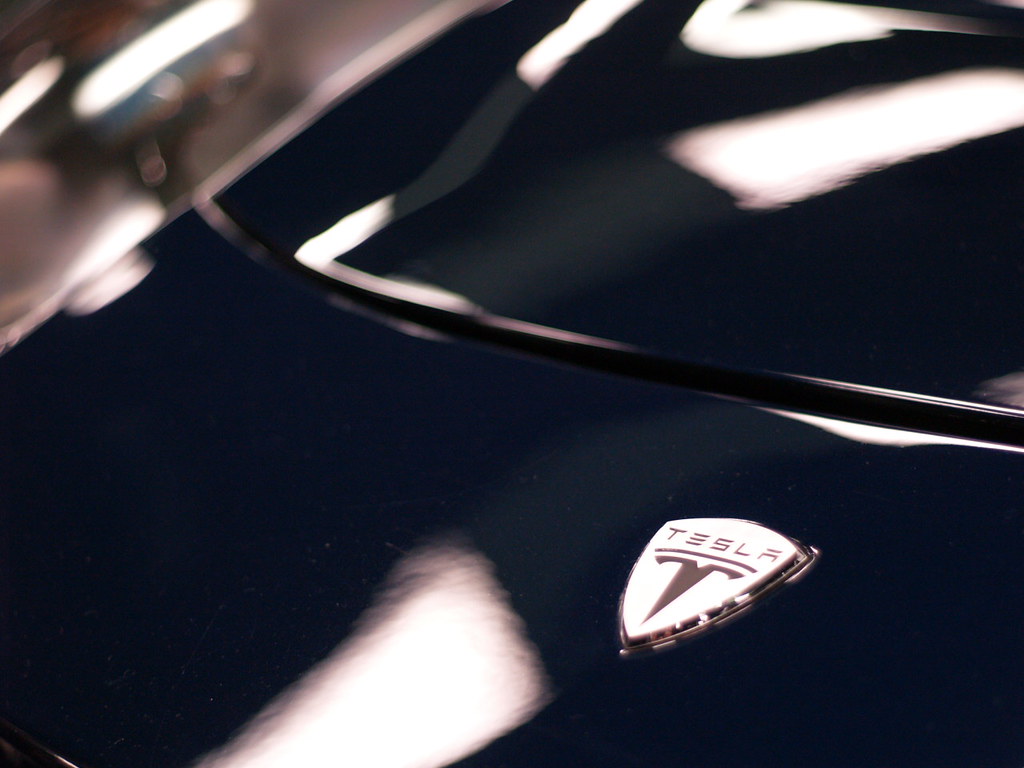In an ever-evolving digital age, the quest for the next big innovation in the realm of online search seems to be never-ending. Google, a titan in this arena for over two decades, has taught us to ‘Google it’ whenever we’re in doubt. This phrase has become more than just a habit; it’s become a reflex. Yet, as the technological landscape shifts with the advent of AI tools like ChatGPT and Bing, many thought we were on the brink of a major change in how we seek out information. However, OpenAI’s CEO, Sam Altman, has a different perspective that’s stirring up the tech world.
Sam Altman, in a conversation on Lex Fridman’s podcast, expressed a viewpoint that diverges sharply from the current trend of trying to outdo or replicate Google’s search capabilities. To him, the notion of creating another version of Google is, in his words, “boring.” This sentiment isn’t grounded in a lack of ambition but rather in a belief that the potential of AI and OpenAI’s technology, in particular, transcends the conventional search engine model.
Sam Altman isn’t interested in beating Google at search. “I don’t think the world needs another copy of Google,” Altman told podcaster Lex Fridman, “I find that boring. I mean, if the question is if we can build a better search engine than Google or whatever, then sure, we should go, people should use the better product.”
Altman emphasized the importance of not just competing with Google but redefining the approach to online search itself. He mused over the possibility of “a much better way to help people find and act on and synthesize information.” This approach aims to revolutionize how we interact with and process the vast amounts of data available online, suggesting that ChatGPT could herald a new era for specific use cases and, hopefully, for many more in the future.
The current search engine paradigm, as Altman pointed out, is predominantly about directing users to ten blue links on a page, overshadowed by a swath of advertisements. This model, according to him, is ripe for reinvention. The real challenge and opportunity lie in crafting solutions that not only direct users to information but also assist in creating, synthesizing, or pointing out the information based on the users’ actual needs. This shift in focus from merely competing with Google to fundamentally changing the search experience could be a game-changer.
“I don’t think it’s that interesting to say, ‘How do we go do a better job of giving you 10 ranked webpages to look at than what Google does?’ Maybe it’s really interesting to go say, ‘How do we help you get the answer or the information you need? How do we help create that in some cases, synthesise that in others, or point you to it in yet others?’ But a lot of people have tried to just make a better search engine than Google, and it is a hard technical problem, it is a hard branding problem, it is a hard ecosystem problem. I don’t think the world needs another copy of Google,” he said.
Altman’s comments resonate with a broader sentiment that exists within the tech community about the importance of innovation that genuinely adds value. It’s not just about building a better mousetrap (or in this case, a better search engine) but about reimagining the very essence of the mousetrap itself. The discussions around AI’s role in search are not new, but Altman’s perspective brings a fresh, albeit challenging, vision to the table.

Moreover, Altman’s stance on advertisement-supported AI search as “dystopian” speaks volumes about his vision for the future of technology. This reflects a desire to see a digital world where users are not commodified for their data but respected for their quest for knowledge. The idea of an ad-free AI search experience is not just about removing ads but about creating a more trust-centric relationship between technology and its users.
In a world where skepticism about the motives behind technological advancements is not uncommon, Altman’s emphasis on a user-focused, innovative approach to information retrieval is a breath of fresh air. It challenges the status quo and encourages us to think about the potential of AI and technology to enhance our lives in meaningful ways, beyond just serving as a tool for finding the next webpage.
As OpenAI and other players in the artificial intelligence space continue to explore these frontiers, the conversation around the future of search is bound to evolve. While some may see Altman’s vision as overly ambitious or even unrealistic, it’s this kind of forward-thinking that has historically driven the most significant leaps in technology.
The quest for a new paradigm in search is not just about making information easier to find; it’s about making the process of seeking out and engaging with information more intuitive, meaningful, and, ultimately, more human. If Altman and OpenAI can steer the ship in this direction, the impact could be profound, not just for how we search, but for how we think about and interact with the digital world at large.
While the dominance of Google in the online search space remains unchallenged, the aspirations of visionaries like Sam Altman remind us that the journey of innovation is far from over. It’s not about creating another Google; it’s about envisioning a future where technology empowers us to interact with information in ways we’ve yet to imagine. This journey may be fraught with challenges, but it’s through these challenges that the most transformative innovations are born. Here’s to the exciting possibilities that lie ahead, in redefining not just how we search, but how we discover and engage with the world around us.




